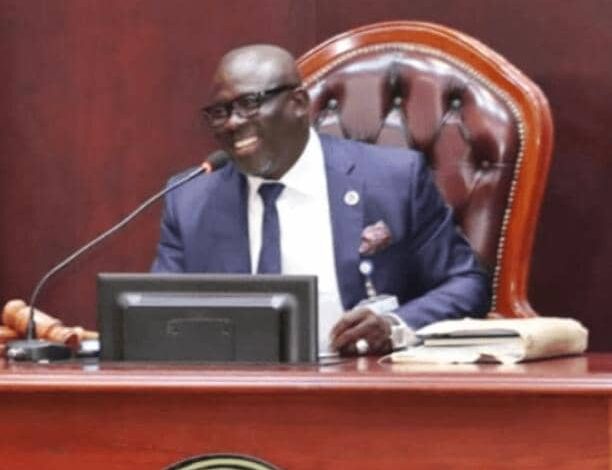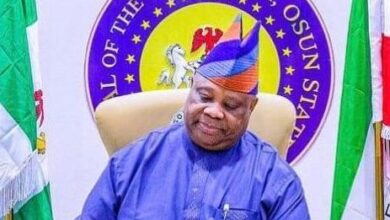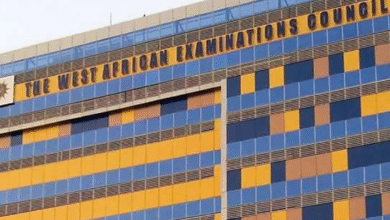Delta State Beats 2025 Revenue Projection By 150%

Government Predicts Brighter Economic Outlook Ahead Of 2026 Budget
(DDM) – The Delta State Government has announced that it exceeded its 2025 revenue projection by 150 percent at the mid-year review, marking what officials describe as a historic fiscal milestone.
DDM gathered that Governor Sheriff Oborevwori, represented by Commissioner for Economic Planning, Sonny Ekedayen, disclosed that total revenues stood at ₦778 billion, far surpassing the initial projections set for the period.
According to Ekedayen, Internally Generated Revenue (IGR) contributed ₦104 billion, a figure that is almost equivalent to the state’s full-year target. He attributed the success to prudent spending, improved taxpayer compliance, and robust reforms in revenue collection mechanisms.
On the expenditure side, officials revealed that ₦301 billion was released for capital projects, representing 96 percent pro-rated performance. Recurrent expenditure was also put at over ₦200 billion, translating to 86 percent performance. This balance, government officials noted, reflects a deliberate policy to prioritize infrastructure development while maintaining a stable recurrent framework.
Ekedayen emphasized that the administration remains committed to funding key projects across critical sectors including roads, housing, healthcare, and education. “Infrastructure development is the bedrock of our economic growth strategy. By investing heavily in projects that benefit communities, we are laying the foundation for long-term prosperity,” he stated.
The Oborevwori administration insists that exceeding revenue targets is not merely a financial achievement but a sign of stronger governance and better economic planning. Officials noted that the remarkable fiscal performance would provide a springboard for a brighter 2026 outlook, particularly as preparations for the new budget cycle intensify.
Economic analysts have described the figures as impressive, given the economic challenges facing many states. Rising inflation, foreign exchange volatility, and revenue leakages have forced subnational governments to struggle with fiscal stability. Delta State’s performance, they say, underscores the potential of subnational economies when fiscal discipline and innovation are applied.
Civil society groups, however, urged the state government to ensure that the reported revenues translate into tangible development for citizens. They warned against celebrating fiscal surpluses without addressing issues such as poverty, unemployment, and infrastructural decay in rural areas. “The figures are good on paper, but citizens want to feel the impact in their daily lives,” one activist in Asaba told DDM.
Observers also noted that Delta’s success in surpassing revenue targets would likely put pressure on other South-South states to adopt similar reforms. The region, which remains Nigeria’s oil-producing hub, has long been accused of underperformance in revenue management despite huge allocations from the federation account.
Looking ahead, the state government expressed optimism that the 2026 fiscal year would witness even greater progress. Plans are underway to expand the tax net, strengthen public financial management, and introduce more transparency in budget execution.
Governor Oborevwori reaffirmed that his administration would continue to prioritize accountability and ensure that public resources are deployed for the collective good of Deltans. “This government is determined to build a stronger Delta, where every naira spent delivers value,” he assured.
With the 2025 mid-year fiscal results already exceeding expectations, stakeholders say the focus must now shift to consolidating gains and ensuring that the brighter outlook for 2026 translates into inclusive growth across the state.
Post Views: 7





